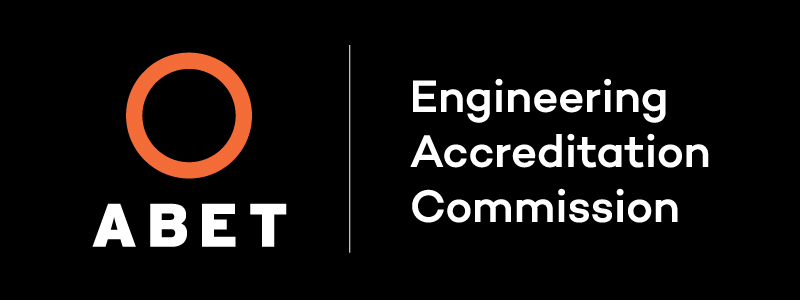ECE 4444 - Technological Singularity (3C)
Course Description
True artificial machine intelligence. Societal impact. Historical perspectives. Technological barriers to whole brain emulation. Engineering of superintelligence. Role of consciousness. Cross disciplinary course for students with advanced technical backgrounds, e.g. seniors in engineering, math, physics, biology, or other similar disciplines.
Why take this course?
Many say superintelligence will appear in the working lifetimes of graduating engineers, with the potential for technology to transform society more dramatically than ever before in the history of humanity. The quest for Artificial Intelligence (AI) dates back to the days of Alan Turing, but true machine intelligence still remains a holy grail of computing. As such, the subject matter presented in this course, especially the potential societal impacts, is an important aspect of computing of which undergraduates should be well informed at graduation. Certain aspects of AI have become more identified with algorithmic solutions such as neural nets and machine learning, none of which come close to the essence of true machine intelligence. While AI was seen as a purely algorithmic (software) solution, the concept of Technological Singularity (TS) also encompasses structure, self-replication and economic and societal impacts. TS has re-raised the questions of identification, limitations, challenges, societal impact, and desirability of true machine intelligence.
Learning Objectives



